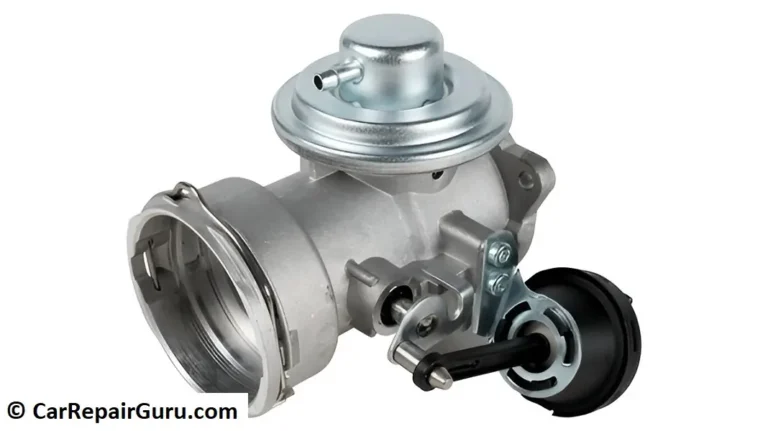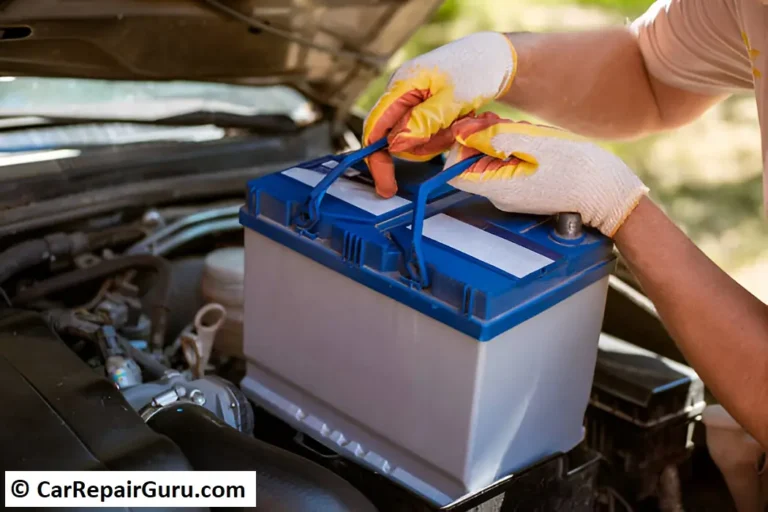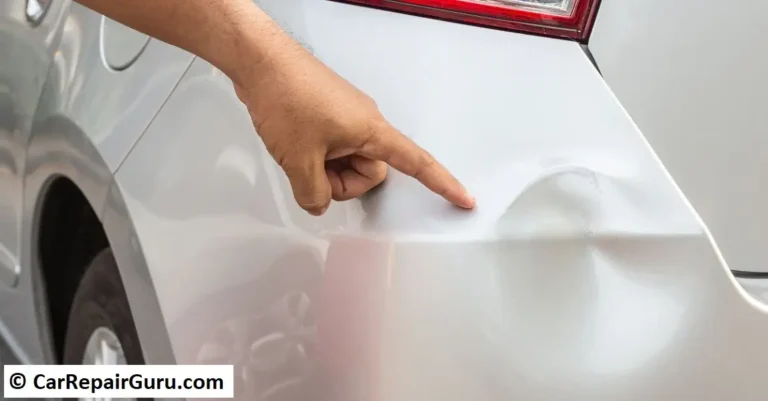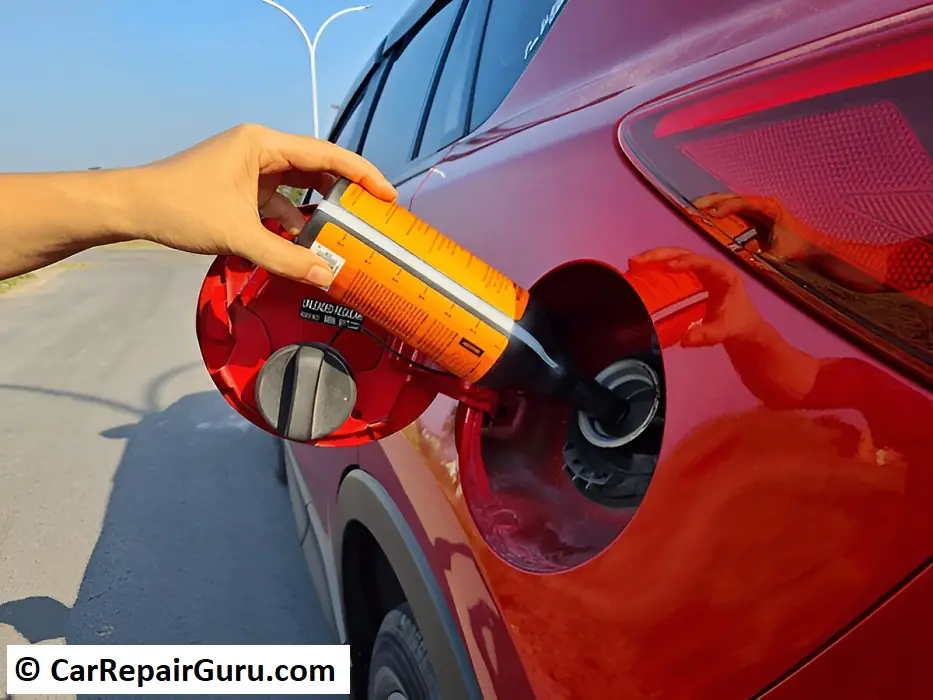
Have you noticed your car struggling to accelerate or its fuel economy declining? The problem might be dirty fuel injectors. Fuel injectors are the heart of your vehicle’s engine, responsible for delivering the perfect mix of fuel and air for efficient combustion. Over time, carbon deposits, debris, and varnish can clog these injectors, leading to reduced engine performance and higher fuel consumption.
This is where fuel injector cleaners come to the rescue. These chemical solutions are specifically formulated to dissolve harmful deposits, restore injector efficiency, and enhance your vehicle’s performance. Regular use of a quality fuel injector cleaner not only improves gas mileage but also helps extend the life of your engine, making it an essential part of routine maintenance.
Whether you drive a gasoline or diesel-powered vehicle, understanding how these cleaners work can save you money and keep your engine running smoothly.
How Fuel Injector Cleaners Work
Fuel injector cleaners are engineered to remove carbon deposits and other contaminants that accumulate in your vehicle’s fuel injectors over time. These products use powerful chemical compounds like Polyether Amine (PEA) and Polyisobutylene Amine (PIBA) to restore the efficiency of fuel injectors and improve overall engine performance.
- Polyether Amine (PEA): This is the most effective ingredient in breaking down tough carbon deposits. Unlike other compounds, PEA remains stable under high heat, ensuring a thorough cleaning of the injectors, intake valves, and combustion chamber. It dissolves stubborn deposits and prevents them from re-forming, making it a preferred ingredient in premium cleaners.
- Polyisobutylene Amine (PIBA): While less potent than PEA, PIBA is often included for its ability to clean softer deposits and improve fuel flow. It also acts as a lubricant, reducing wear on fuel system components and enhancing overall fuel injector efficiency.
The cleaning process works by allowing the active ingredients to flow through the fuel system, breaking down carbon and varnish deposits that restrict fuel flow. By clearing these blockages, fuel injector cleaners help restore optimal spray patterns, ensuring better air-fuel mixing, improved combustion, and enhanced engine performance.
Regular use keeps your engine running smoothly, improves fuel efficiency, and reduces harmful emissions.
Top 5 Fuel Injector Cleaners of 2025
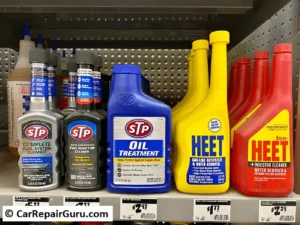
Choosing the best fuel injector cleaner can feel overwhelming, given the variety of products available. Here’s a breakdown of five top-rated cleaners for both gasoline and diesel engines in 2024.
1. Liqui Moly Jectron Fuel Injector Cleaner
Ideal for gasoline engines, Liqui Moly Jectron excels at removing carbon deposits and restoring smooth engine performance. Its fast-acting formula improves throttle response and fuel efficiency within a single treatment. While it’s not suitable for diesel engines, it’s highly effective for modern and older gasoline vehicles.
2. Gumout Regane Complete Fuel System Cleaner
This product stands out due to its Polyether Amine (PEA) formula, which dissolves stubborn carbon buildup in injectors and combustion chambers. It enhances gas mileage, reduces emissions, and works effectively in extreme temperatures. Gumout is versatile, suitable for turbocharged and direct-injection gasoline engines.
3. STP Ultra 5-in-1 Fuel System Cleaner
STP Ultra 5-in-1 is a multipurpose cleaner that cleans, lubricates, and protects the entire fuel system. Designed for gasoline engines, it prevents future carbon deposits and improves engine power. Its versatility extends to hybrid and turbo engines, making it an excellent all-around choice.
4. Hot Shot’s Secret Diesel Extreme Additive
For diesel engines, this additive removes carbon deposits and moisture while enhancing fuel injector efficiency. It’s particularly effective for vehicles using low-sulfur diesel, preventing bacterial growth and corrosion in the fuel system. Diesel Extreme also boosts cetane levels, improving cold starts and overall performance.
5. BG 44K Fuel System Cleaner
A premium choice for both gasoline and diesel engines, BG 44K is known for its professional-grade strength. It quickly removes carbon deposits from injectors and intake valves while enhancing fuel economy and horsepower. However, its high concentration may require precise use to avoid excessive buildup removal.
Each product has its strengths depending on your vehicle type and needs. For routine maintenance or specific engine concerns, one of these top cleaners can help restore performance, fuel efficiency, and longevity.
Benefits of Using a Fuel Injector Cleaner
A clean fuel injector is essential for maintaining your car’s performance, fuel efficiency, and environmental impact. Using a fuel injector cleaner regularly can provide these key benefits:
1. Improved Fuel Efficiency
Over time, carbon deposits and varnish can clog fuel injectors, disrupting the precise spray of fuel into the engine. This reduces fuel efficiency, forcing the engine to work harder and consume more fuel. A high-quality injector cleaner dissolves these deposits, allowing for optimal fuel flow and combustion. As a result, you’ll notice fewer stops at the pump and savings on fuel costs.
2. Enhanced Engine Performance
Clogged injectors can cause rough idling, misfires, or a sluggish throttle response. Fuel injector cleaners restore the injector’s spray pattern, ensuring better air-fuel mixing. This leads to smoother acceleration, improved horsepower, and a more reliable driving experience. Some cleaners even lubricate key engine components, further boosting performance.
3. Reduced Emissions
Dirty injectors contribute to incomplete combustion, which increases harmful emissions like carbon monoxide and hydrocarbons. By removing carbon buildup, fuel injector cleaners promote cleaner combustion, reducing your vehicle’s environmental footprint. For older cars, this can also help meet emission standards during inspections.
Incorporating a fuel injector cleaner into your maintenance routine is a simple and cost-effective way to keep your car running at its best.
How to Choose the Right Cleaner for Your Vehicle
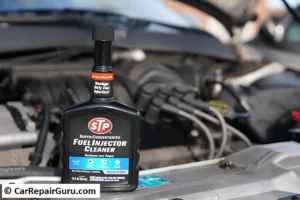
Selecting the best fuel injector cleaner depends on your vehicle type and specific maintenance needs. Here’s a guide to making the right choice:
1. Gasoline vs. Diesel-Specific Cleaners
Fuel systems for gasoline and diesel engines differ, and so do the requirements for cleaning them. Gasoline fuel injector cleaners are designed to remove carbon deposits, improve throttle response, and enhance gas mileage. Diesel-specific cleaners, on the other hand, also address fuel stability, cetane boost, and water dispersion, making them essential for combating issues unique to diesel systems, such as injector sticking. Always choose a cleaner formulated for your fuel type to ensure effectiveness and safety.
2. Compatibility with Your Vehicle
Check your vehicle’s manual or consult the manufacturer’s recommendations to confirm compatibility with the chosen cleaner. Some products work better for older engines, while others cater to high-performance, turbocharged, or direct-injection systems.
3. Frequency of Use
If you perform regular maintenance, opt for a cleaner designed for frequent use. For neglected systems, a stronger, professional-grade cleaner may be needed to address severe carbon buildup.
4. Price vs. Performance
While budget-friendly options can work for routine maintenance, investing in a premium product with proven ingredients like Polyether Amine (PEA) ensures superior cleaning and long-term benefits.
By considering these factors, you can select the best fuel injector cleaner to keep your engine running efficiently and smoothly.
Step-by-Step Guide: How to Use Fuel Injector Cleaners
Using a fuel injector cleaner correctly is key to achieving the best results for your engine. Follow these steps for proper application and avoid common mistakes:
Preparation
- Check Compatibility: Ensure the fuel injector cleaner is suitable for your vehicle’s engine type (gasoline or diesel). Consult your vehicle manual for recommendations.
- Review Instructions: Each product may have specific instructions, so always read the label before use.
Step-by-Step Instructions
- Choose the Right Time: Add the cleaner when your fuel tank is near empty or before filling it up. This ensures the cleaner mixes evenly with the fuel.
- Measure the Dosage: Use the recommended amount specified on the product label. Overuse can harm engine components, while underuse may not deliver desired results.
- Add the Cleaner: Open the fuel tank cap and pour the cleaner directly into the tank. For vehicles with capless systems, use a funnel to prevent spillage.
- Refuel the Tank: Fill the tank with fuel immediately after adding the cleaner. This helps dilute and distribute the cleaner throughout the fuel system.
- Drive Normally: Operate your vehicle as usual, ideally on the highway or at varying speeds, to allow the cleaner to circulate and work effectively.
Common Mistakes to Avoid
- Using the Wrong Cleaner: A gasoline cleaner in a diesel engine (or vice versa) can cause damage.
- Overusing Cleaners: Excessive use may corrode fuel lines or injectors.
- Neglecting Maintenance: Injector cleaners are not substitutes for regular maintenance; severe issues may require professional cleaning.
By following these steps and avoiding mistakes, you can maximize the benefits of fuel injector cleaners, keeping your engine running smoothly and efficiently.
Conclusion:
Proper care of your vehicle’s fuel system is vital for maintaining engine performance, fuel efficiency, and longevity. Regular use of a fuel injector cleaner can prevent the buildup of harmful carbon deposits, ensuring smooth combustion and optimal injector function. By keeping the fuel system clean, you’ll not only experience enhanced throttle response and reduced emissions but also save money in the long run through better gas mileage and fewer costly repairs.
However, a cleaner is just one part of a comprehensive maintenance routine. Pair it with regular oil changes, timely filter replacements, and routine engine checkups to ensure your car operates at its best. Ignoring these steps can lead to reduced performance and a shorter engine lifespan.
Investing a little time and effort into maintaining your fuel system today will help you avoid bigger issues tomorrow, keeping your vehicle reliable for years to come.
FAQs About Fuel Injector Cleaners
What happens if you don’t clean your fuel injectors?
Carbon buildup can clog injectors, leading to rough idling, poor fuel efficiency, misfires, and sluggish acceleration. Over time, this can strain the engine and cause expensive repairs.
Can fuel injector cleaners damage my engine?
When used correctly, they are safe. However, using the wrong type or excessive amounts may corrode fuel lines or injectors. Always follow the product instructions.
How often should I use a fuel injector cleaner?
Most manufacturers recommend every 3,000 to 5,000 miles, but frequency depends on driving conditions and fuel quality. Heavy-duty vehicles may need more frequent cleaning.
Are fuel injector cleaners necessary for new cars?
Newer engines are more efficient, but occasional use can prevent early carbon buildup, especially in stop-and-go traffic or with ethanol-blended fuel.
Do fuel injector cleaners work for hybrid vehicles?
Yes, hybrids with gasoline engines benefit from injector cleaners, as their engines often run intermittently, leading to increased deposits over time.
